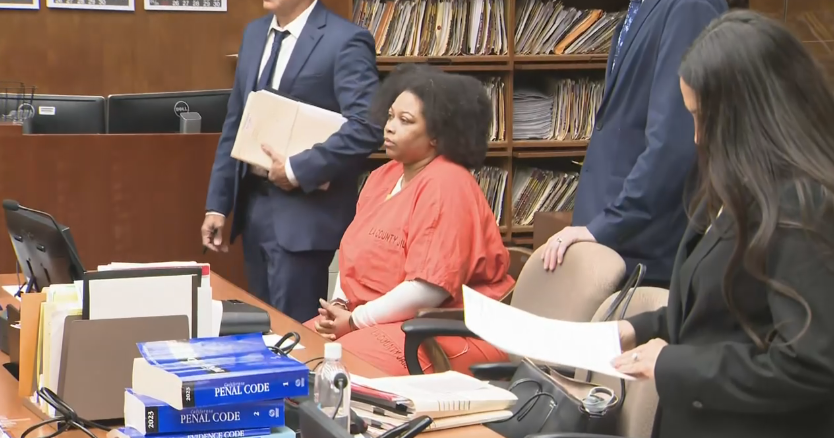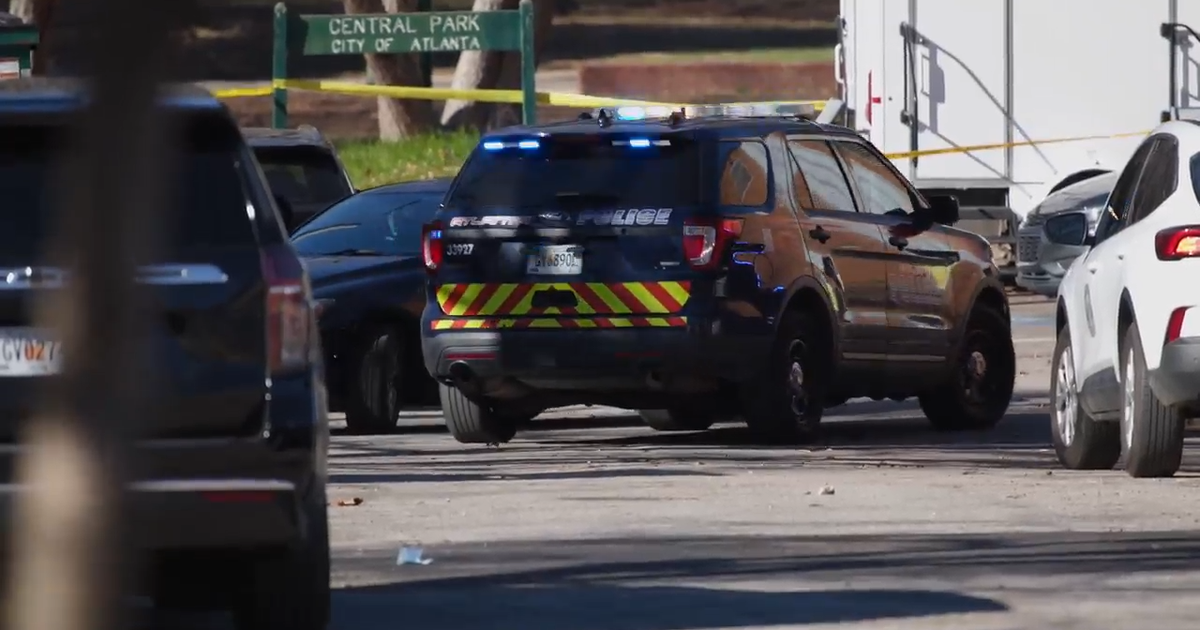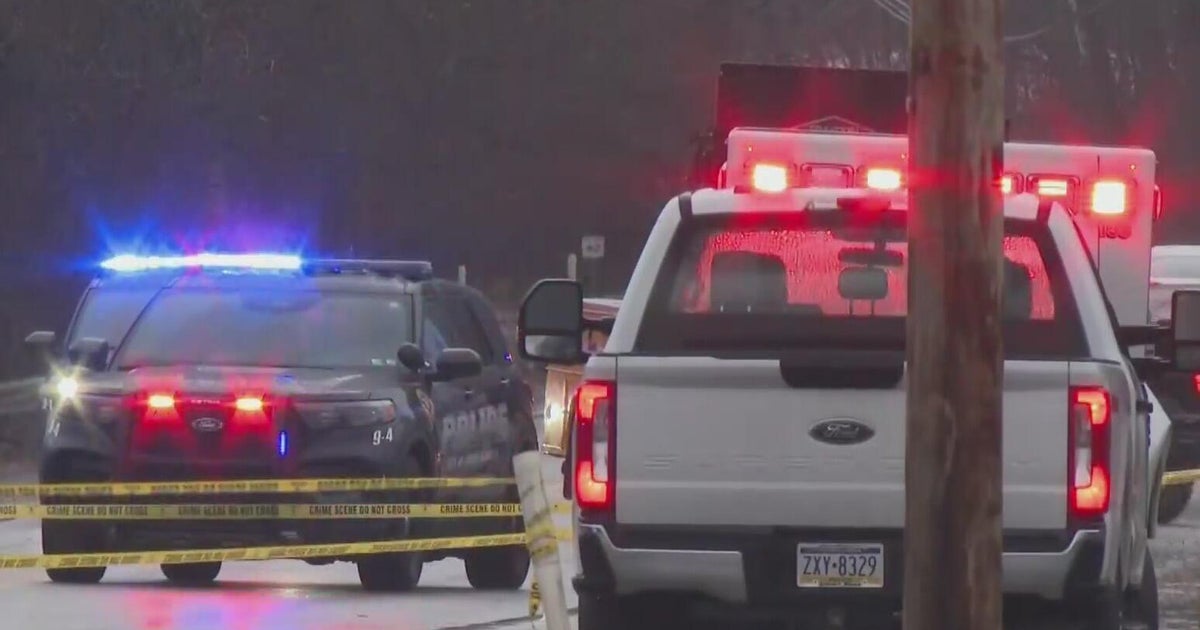I-Team: Medical Condition Raises Questions About Deciding Who Is Fit To Drive
BOSTON (CBS) - A Newton driver's multiple sclerosis, and any role the disease played in March's deadly crash at Sweet Tomatoes restaurant, took center stage in a Middlesex Superior courtroom on Monday morning.
The legal debate raises questions about who is responsible for deciding when a medical condition could prevent someone from operating a motor vehicle safely.
During Brad Casler's arraignment, prosecutors said a lengthy investigation concluded multiple sclerosis (MS) was not a factor in the moments leading up to the crash at the West Newton business in March.
According to details provided by Middlesex District Attorney Marian Ryan's office, investigators reviewed medical records and interviewed people familiar with Casler's disease.
"Multiple sclerosis was not the cause of the crash," said prosecutor Chris Tarrant. "We believe Mr. Casler was not suffering any episode related to MS or any flareup related to his disease."
Casler's defense attorney, however, hinted his client's medical condition was a factor. During the court proceeding, David Meier said Casler has lived with the disease for almost three decades and receives daily injections and monthly intravenous infusions to combat the effects.
"We all know the effects of multiple sclerosis," Meier told reporters outside the courthouse, declining to elaborate. "This isn't the time or place for me to get into that disease, or his personal medical history."
Dr. Dennis Demitri, president of the Massachusetts Medical Society, said a disease like MS can be tricky for doctors to determine how it affects a patient's driving ability.
"It's not black and white at all," Demitri told WBZ. "There are some individuals who have severe MS and are essentially paralyzed. But there are lots of other patients who have relatively milder forms and are perfectly capable of driving safely."
In at least eight other states, doctors are required to report specific disorders to the appropriate state agency. No such legal requirement exists in Massachusetts, which Demitri believes is a good thing.
"If patients knew that certain conditions would be reported to the Registry of Motor Vehicles (RMV), they may be less likely to seek care for those conditions and may not be as open and frank their doctors," he explained.
Doctors, along with police officers or concerned family members, can voluntarily submit a "request for evaluation" form to the RMV.
Records obtained by the I-Team show that as a result of those submissions, an average of 3,240 drivers had to surrender their licenses each year from 2013 through 2015.
Another 2,790 per year had to respond to a competency road exam, while 2,166 per year had to complete a medical clearance form.
It remains unclear if Casler has been evaluated by the RMV to see how his MS condition affected his ability to drive.
A statement of facts about the case is temporarily impounded until at least Thursday, a judge ruled.
Casler's license has been suspended since the crash. RMV documents show he has three previous accidents on his driving record.
"He will likely never drive again," Meier said in the courtroom.
Ryan Kath can be reached at rkath@cbs.com. You can follow him on Twitter or connect on Facebook.







